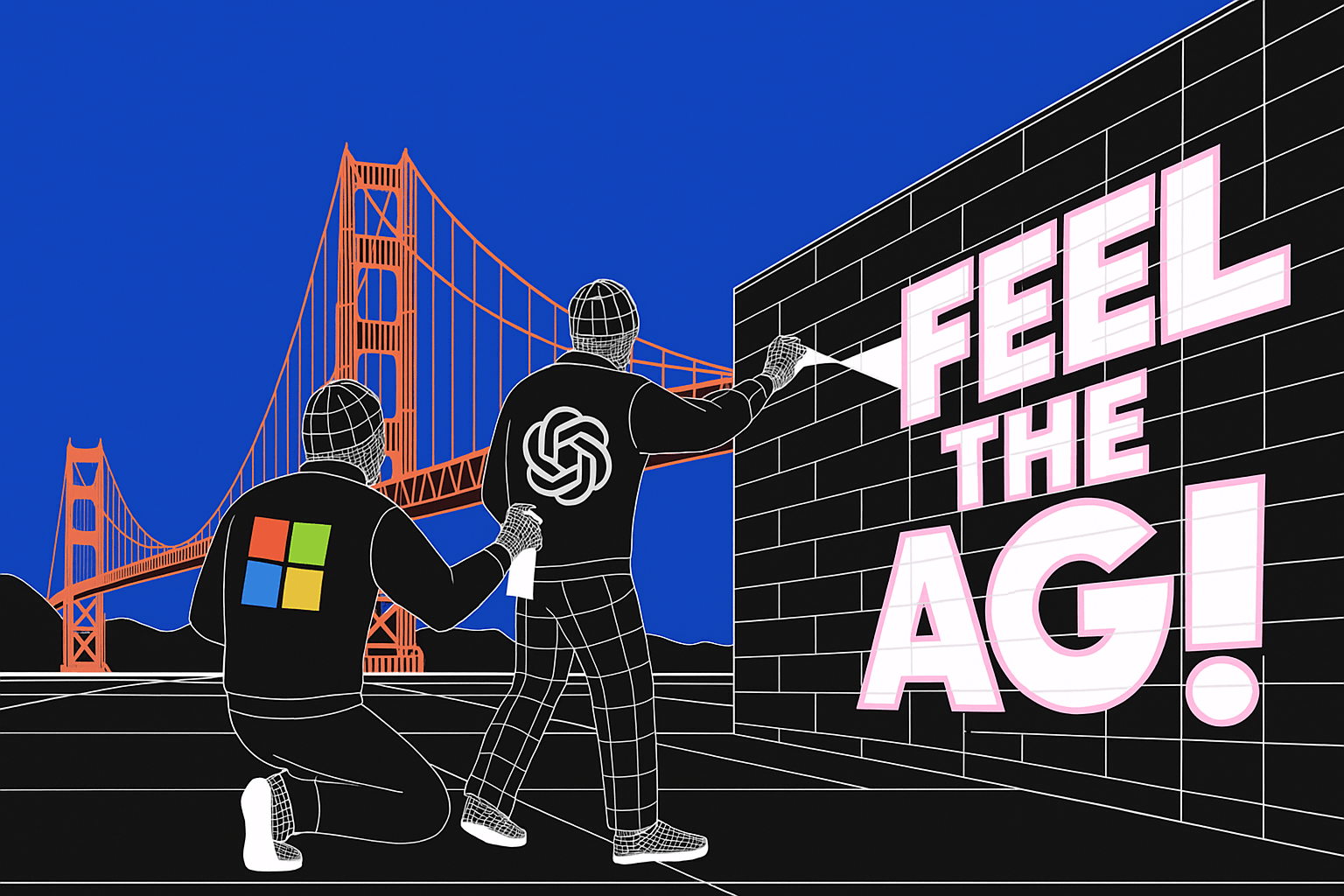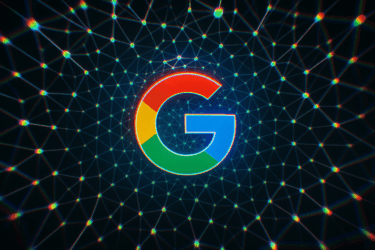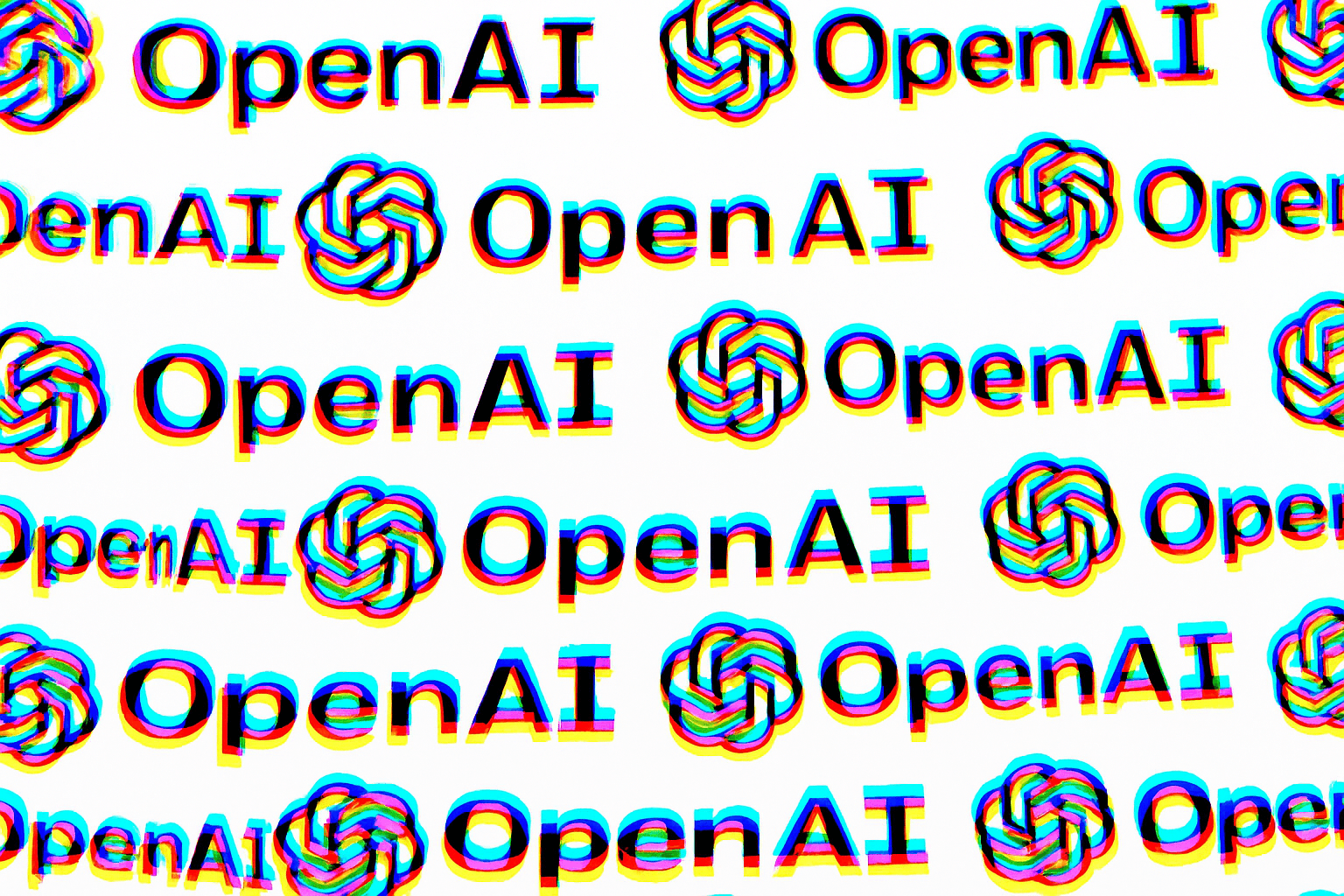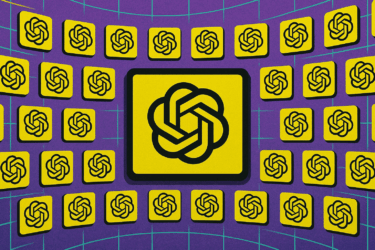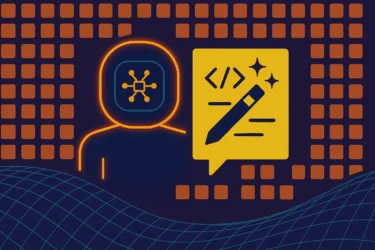Entrepreneur Niels Hoven has released an alphabet book featuring nearly 1,000 illustrations made with AI. Hoven says producing this many images by hand would have been too complicated and expensive for human artists. With each illustration taking about two hours, he estimates the project would have cost around $50,000. The use of AI instead drew criticism on social media and in Amazon reviews.
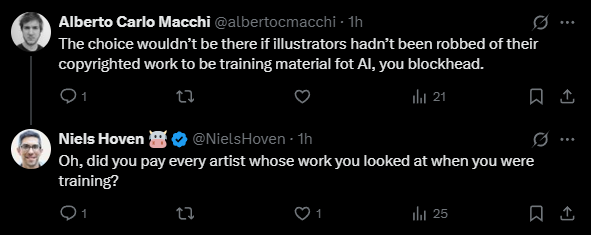
Hoven addressed the criticism, explaining that without AI, a hardcover edition would have cost about $200. Thanks to generative AI, the book is now available as a free PDF and as a $30 hardcover, with all proceeds going to Amazon for printing and shipping. Hoven says he earns nothing from sales. He maintains the book couldn't have been made without AI, and that its main purpose is to help children learn to read. Still, the project doubles as advertising for Hoven's company, which offers a related learning app.
A developer at OpenAI known as "Roon" on X explains why large language models never behave exactly the same way twice. Roon says a model's "personality" can shift with every training run, even if the dataset doesn't change. That's because the training process depends on random elements like reinforcement learning, so each run makes different choices in what's called "model space." As a result, every training pass produces slightly different behavior. Roon adds that even within a single training run, it's nearly impossible to recreate the same personality.
OpenAI tries to keep these "personality drifts" in check, since users often get attached to a model's unique quirks. This was especially true with the earlier "sycophancy" version of GPT-4o, which some users still miss. Roon, however, wasn't a fan. He even publicly wished for that "insufficiently aligned" model's "death" before deleting the post.
Anthropic is ramping up its European operations, opening new offices in Paris and Munich to build on its presence in the region. These locations join existing hubs in London, Dublin, and Zurich, and will act as regional centers for sales, partnerships, and policy engagement.
The company says the EMEA market is its fastest-growing segment, with sales jumping more than ninefold over the past year. To support this growth, Anthropic is putting together a dedicated leadership team for Europe, naming Pip White to lead Northern Europe and Thomas Remy for Southern Europe.
Anthropic now operates twelve offices worldwide. In Europe, major customers like BMW, SAP, Sanofi, and Doctolib are already using the Claude AI model for software development, network management, and other tasks. Anthropic is also working with organizations such as TUM.ai and Unaite.
